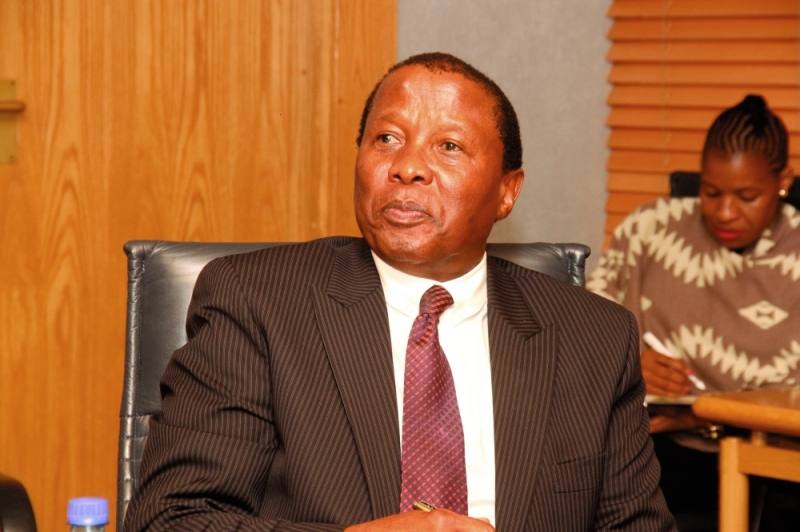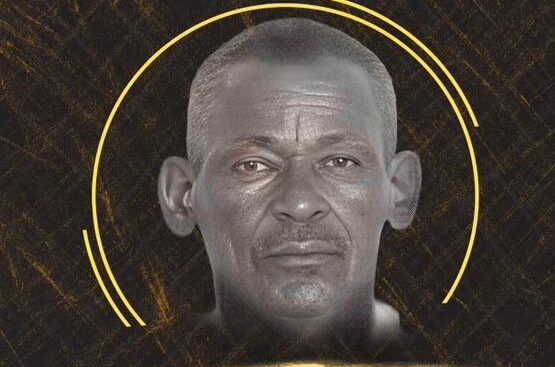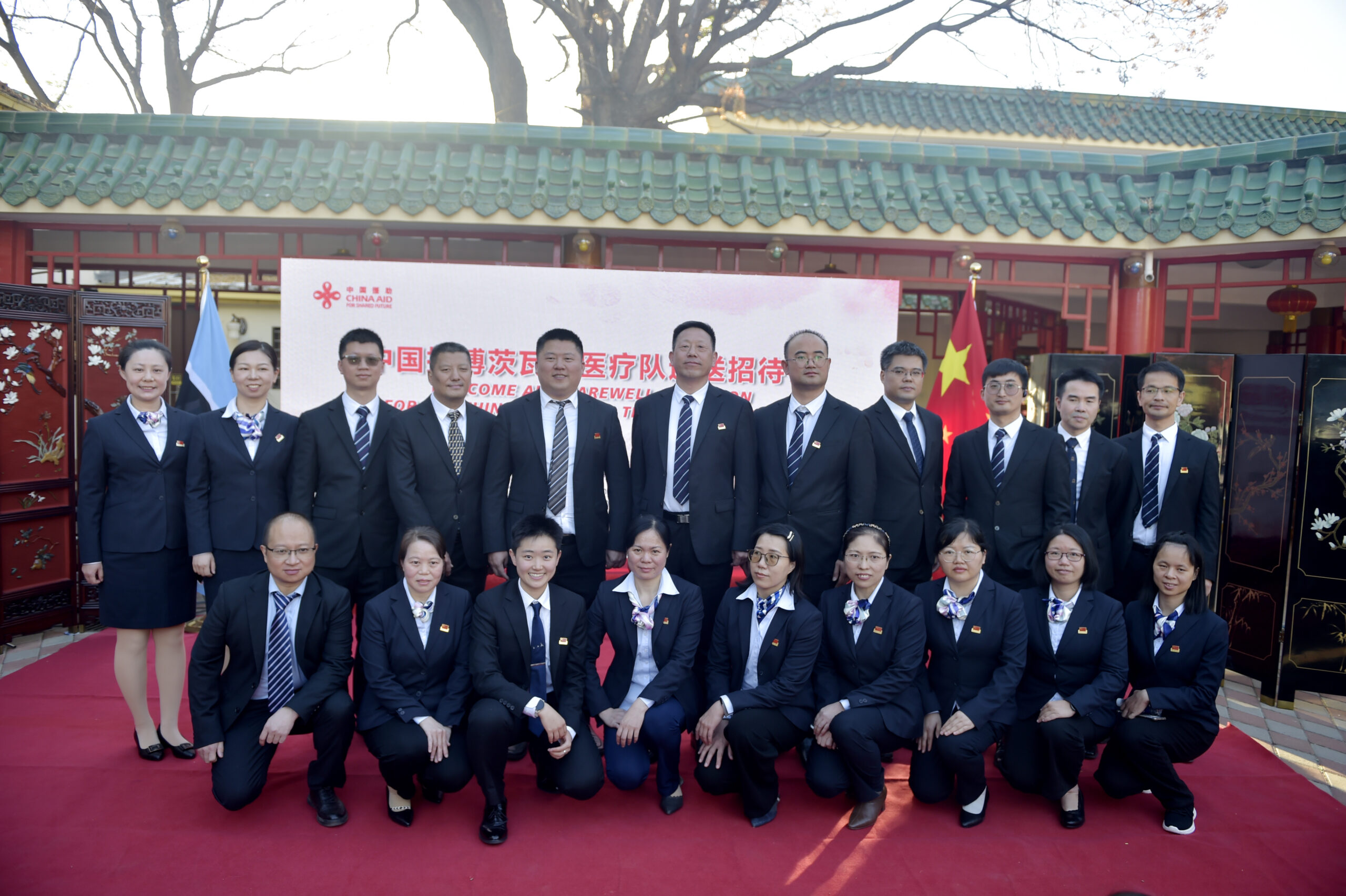
TPA Watchman
Over the past 60 years, China has sent more than 23 000 doctors to Africa, which have treated and cured more than 230 million African patients and trained a great number of African medical personnel.
At the moment, Chinese Medical Teams are still working in 45 African countries. Botswana is among these privileged countries and on Friday 5th July received the 17th Chinese Medical Team comprising 46 members drawn from the best hospitals in Fujian Province of China.

The team, which arrived on an Ethiopian Airline, comprises 40 Specialists, the team leader, Chen Denghua, an interpreter, two drivers and two cooks. Twenty-four (24) of them are assigned to Princess Marina Hospital in Gaborone, and the other 22 will work in Nyangabgwe Hospital in Francistown.
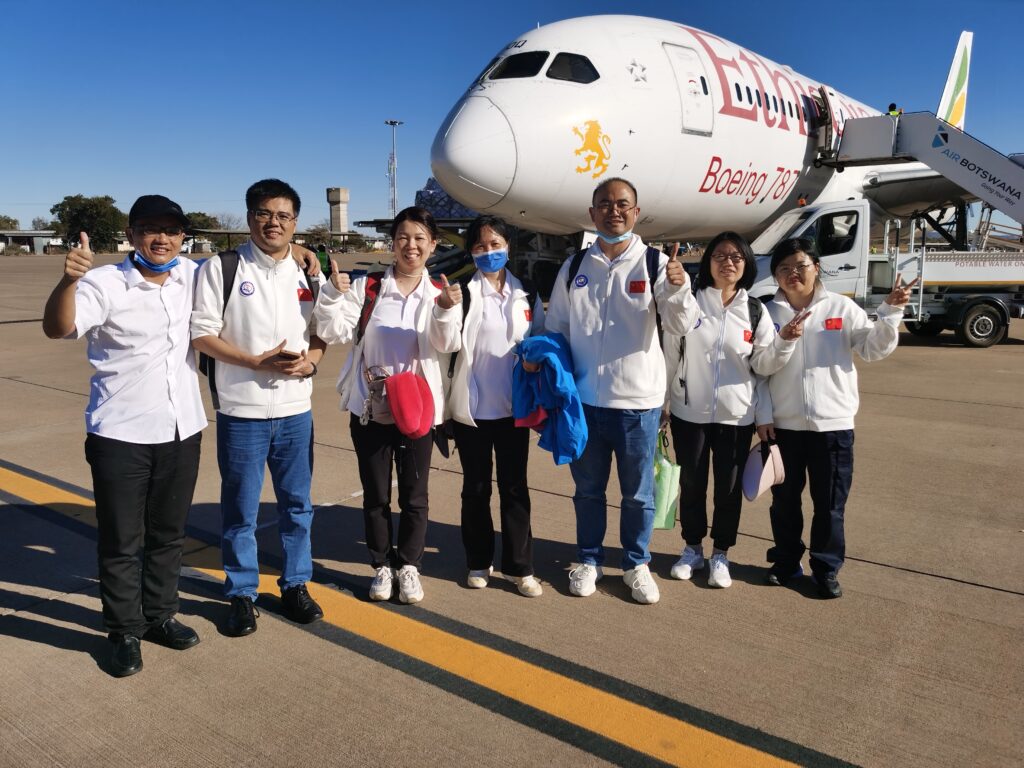
Like other teams before them, they will spend two (2) years in Botswana and work together with local doctors and nurses to fulfill their mission. At the Sir Seretse Khama International Airport (SSKIA), the team was welcomed by officials of the Ministry of Health led by Dr Tshepo Machacha and a team from the Chinese embassy in a small impromptu reception.
And on Wednesday 10th July 2024, the Chinese embassy held a ceremony at its premises in Gaborone to welcome this team and bid farewell to the 16th Chinese Medical Team which arrived in Botswana in 2020 at the height of the Covid-19 pandemic.
The Wednesday ceremony was graced by the Secretary for Primary Health Care in the Ministry of Health, Dr Mareko Ramatsababa, the 17th Chinese Medical Team Leader, Chen Denghua, and the Director of the Asia and Pacific Department of Ministry of Foreign Affairs, Emolemo Morake- to bid farewell to the 16th Chinese Medical Team and welcome the 17th Chinese Medical team.
Chargé d’affaires of the Chinese Embassy in Botswana, Guo Zhenguang was on hand to receive and bid the teams farewell. He reminded that medicine and health-care has been among the top priority areas in China-Botswana cooperation, and that these have strengthened the bonds of friendship between the two countries.
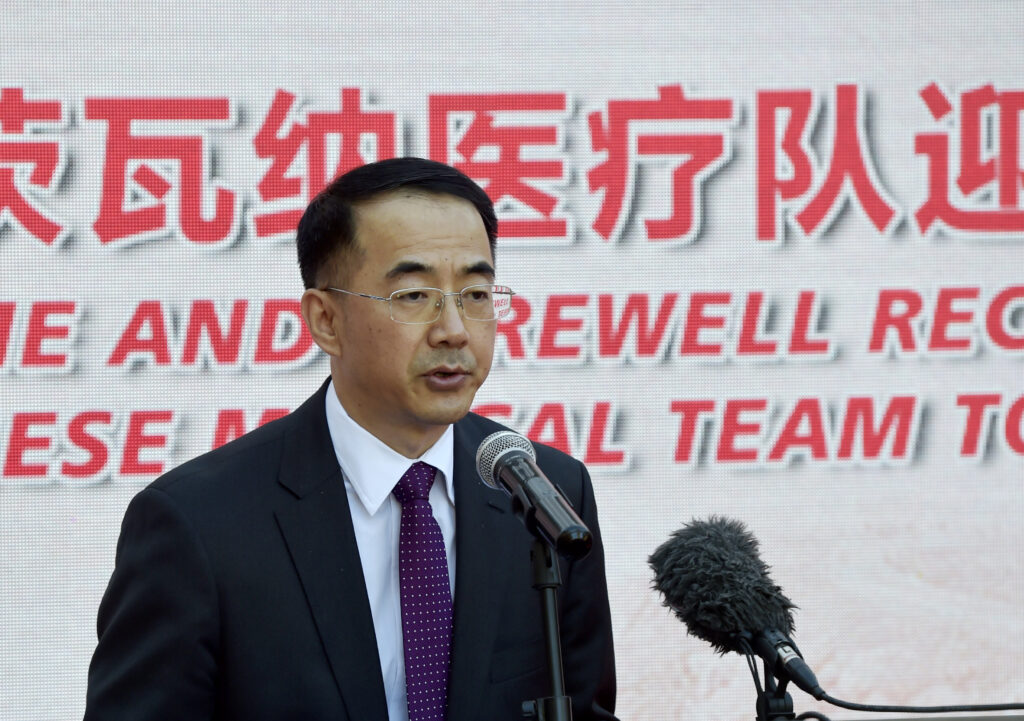
Delving on the history of the medical cooperation, Guo explained that China started dispatching Medical Teams to Botswana since 1981 and that for over 43 years, 17 teams with 557 medical personnel have come to work in Botswana and provided clinical service to more than two (2) million patients.
Dr Ramatsababa, who spoke on behalf of Minister Dr Edwin Dikoloti who could not honour the invitation because of other commitments, corroborated the information. The first team comprising 13 doctors arrived in Botswana in January 1981 and was dispatched to Jubilee Hospital in Francistown, he said.
Fior his part, Guo continued that the Chinese Medical Teams have cultivated a large number of local medical professionals through sharing medical skills, establishing pair hospital cooperation mechanisms, carrying out academic exchanges and providing further medical education in the form of human resource programmes thereby promoting the development of medical and health care service in Botswana.
The cooperation, Dr Ramatsababa went on, has assisted Botswana to manage pressing health challenges such as acute shortage of specialised health personnel, increasing demands for specialised services due to evolving disease patterns and high staff attrition.
It is an open secret that Botswana’s health sector – one of the best in the continent – is currently grappling with a raft of challenges occasioned by Covid-19, which ate into the country’s revenues.
But most importantly, Dr Ramatsababa mentioned the twinning programme that was launched between Nyangabgwe Referral Hospital and the Fujian Provincial Hospital in China following the dispatch of the 16th Chinese Medical team to Botswana in 2020 at the height of the Covid-19 pandemic.
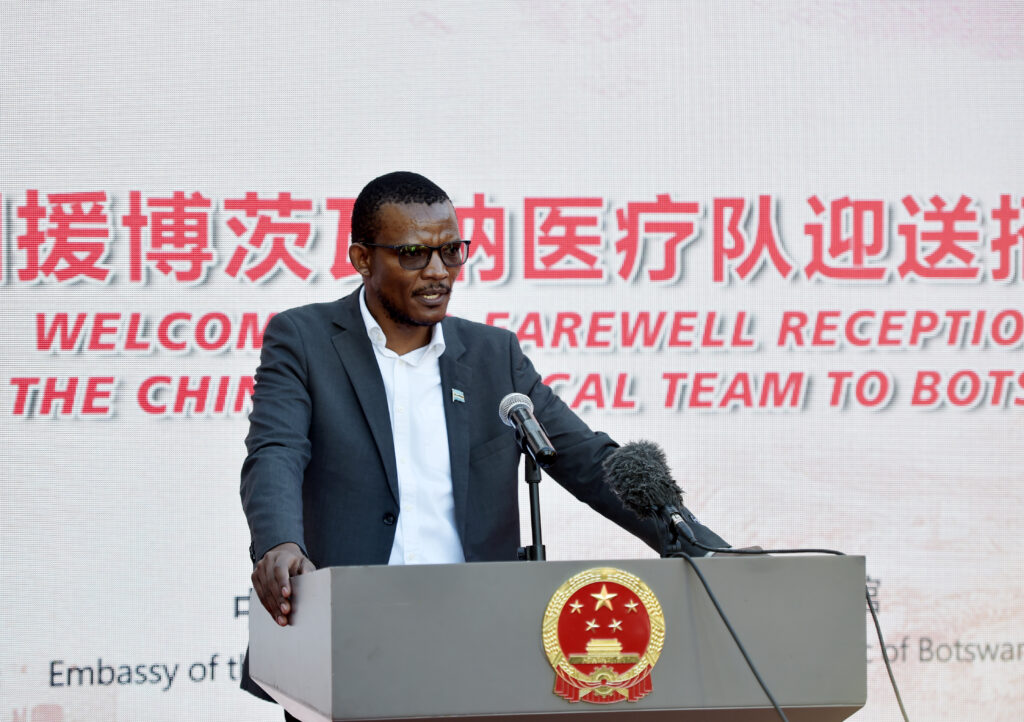
He said that the two hospitals exchanged knowledge and ideas on the pandemic and equipment was also donated to the Nyangabgwe Referral Hospital for the same cause.
Early this year a team of Chinese officials visited the Ministry of Health and discussed further collaborations in health, and submitted a Draft Memorandum of Understanding (MoU) meant to develop a working relationship in the area of eye disease prevention and reduction of cataract surgeries backlog that the country is currently experiencing.
Dr Ramatsababa said that since 2011, Botswana has had some cataract operations conducted by Chinese teams that saved the sights of “hundreds of our people”.
Guo expressed gratitude to the members of the 16th Chinese Medical team for their “excellent service and contributions to strengthening the friendship of two countries” mentioning that they had fought side by side with their Botswana counterparts against the virus, and risked their own lives saving others.
“You deserve the title of ‘Angels in White and Friendly Messengers”, Guo said. He added that China and Botswana have been developing pragmatic cooperation in the sectors of trade and investment, infrastructure, education, public health, and others.
He was optimistic that the Summit of the Forum of China-Africa Cooperation (FOCAC) slated for September in Beijing, China later this year will bring about new opportunities to expand the cooperation.
Botswana and China will celebrate the 50th Anniversary of the establishment of diplomatic relations in 2025 and are looking forward to take the relations to dizzy heights. Already, people to people exchanges, scholarships and political visits between the two sides characterise the relations.
Botswana is still negotiating a beef trade deal with China, the world’s second most populous nation after India, and have since last year been stuck on the issue of sanitary and phyto-sanitary (SPS) measures.







